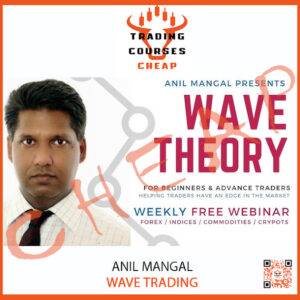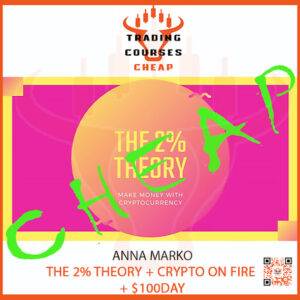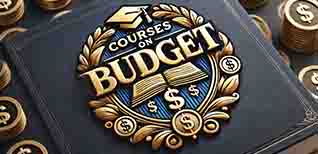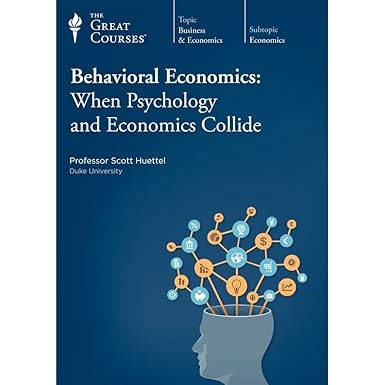What is a Scott Huettel Behavioral Economics When Psychology and Economics Collide for Cheap?
Behavioral economics is the study of decision making, and of the related themes of valuation, exchange, and interpersonal interactions.
Using methods from psychology, sociology, neurology, and economics, behavioral economics sheds light one of the most fundamental activities of human life:the decision process. In 24 insightful lectures, you’ll learn how behavioral economists look at decision making and explore a set of key principles that offer deep insight into how we evaluate information and integrate different factors to make decisions.
Most important, using real-life illustrations and case studies, each lecture offers practical tools, so that you can understand the patterns of decision making, the purposes they serve, and how to use your knowledge to make better and more satisfying decisions. In grasping the underlying factors in decision making, you’ll explore key topics such as decisions regarding probability, time-related decisions, managing risk, high-stakes medical decisions, and group decision making.
Professor Huettel illustrates each concept with meaningful examples, analogies, and case studies, relating the material directly to the decisions all of us make as a central part of living. This unique course gives you essential knowledge and insights for one of life’s most important skills.
Scott Huettel Behavioral Economics When Psychology and Economics Collide Index:
📄 01 – What Is a Good Decision.mp4 (507.56 MB)
📄 02 – The Rise of Behavioral Economics.mp4 (460.14 MB)
📄 03 – Reference Dependence—It’s All Relative.mp4 (446.79 MB)
📄 04 – Reference Dependence—Economic Implications.mp4 (437.11 MB)
📄 05 – Range Effects—Changing the Scale.mp4 (457.35 MB)
📄 06 – Probability Weighting.mp4 (459.76 MB)
📄 07 – Risk—The Known Unknowns.mp4 (454.33 MB)
📄 08 – Ambiguity—The Unknown Unknowns.mp4 (435.45 MB)
📄 09 – Temporal Discounting—Now or Later.mp4 (455.16 MB)
📄 10 – Comparison—Apples and Oranges.mp4 (442.55 MB)
📄 11 – Bounded Rationality—Knowing Your Limits.mp4 (475.55 MB)
📄 12 – Heuristics and Biases.mp4 (485.57 MB)
📄 13 – Randomness and Patterns.mp4 (469.29 MB)
📄 14 – How Much Evidence Do We Need.mp4 (456.99 MB)
📄 15 – The Value of Experience.mp4 (469.47 MB)
📄 16 – Medical Decision Making.mp4 (483.28 MB)
📄 17 – Social Decisions—Competition and Coordination.mp4 (484.93 MB)
📄 18 – Group Decision Making—The Vox Populi.mp4 (464.78 MB)
📄 19 – Giving and Helping—Why Altruism.mp4 (476.60 MB)
📄 20 – Cooperation by Individuals and in Societies.mp4 (488.85 MB)
📄 21 – When Incentives Backfire.mp4 (468.51 MB)
📄 22 – Precommitment—Setting Rationality Aside.mp4 (472.85 MB)
📄 23 – Framing—Moving to a Different Perspective.mp4 (461.11 MB)
📄 24 – Interventions, Nudges, and Decisions.mp4 (490.48 MB)
💬 Feel free to REACH OUT to our CHAT support for personalized assistance and detailed information tailored to your needs. We’re here to help!











Reviews
There are no reviews yet.